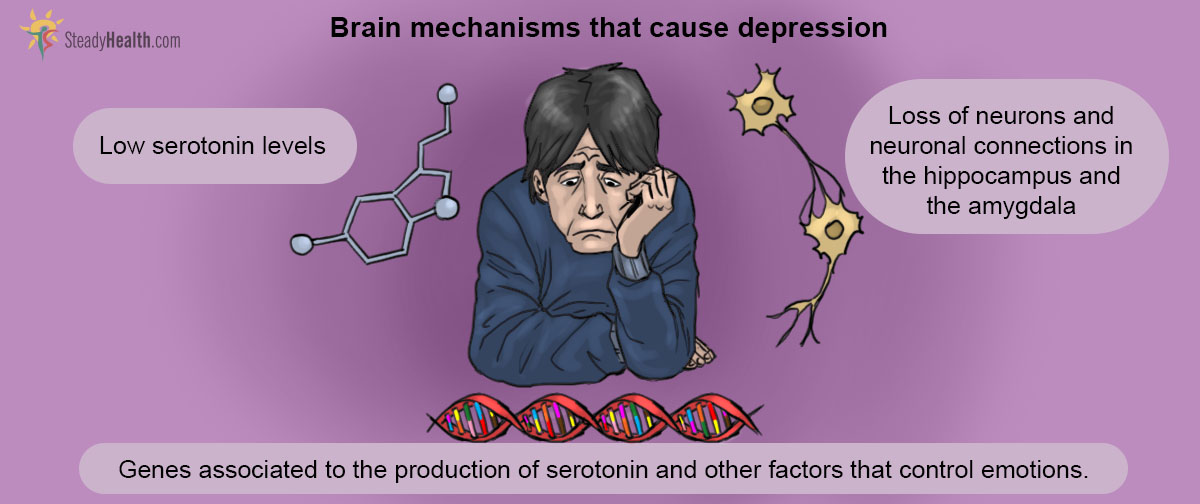Table of Contents
Understanding how the brain works has never been easy for scientists. This organ is one of the most complex ones in our body and its normal function can be easily altered by a wide number of diseases. One of these illnesses is depression. Yes, depression is a disease that is very common worldwide but is still poorly understood.
Depression is more serious than you think
For years, research has focused in elucidating the causes of depression in order to develop more effective treatments for this mental disease.
But is this just a transient state of mind related to mood changes or is it something more serious? Many people will argue that depression is not an illness and as such, people suffering from it should be able to cope and come out from their state easily. Well, they could not be more wrong.
Symptoms of depression are basically feelings of sadness and hopelessness that can last for days, weeks or even months.
Apart from the psychological and social symptoms, depressed people also feel tired, they may show a reduction in weight due to lack of appetite, but it can also be all the way around. Constipation, aches, pains and sleep disorders are also signs of depression.
What happens inside the brain of a depressed person?
In a normal brain, the signals travel from neuron to neuron in the form of chemical substances. These substances are released by the neuron that sends the message. When released, they activate a very well designed machinery in the recipient neuron; in turn, this neuron processes the message and converts it into an electrical signal, which travels along the neuron until it reaches its end, known as axon terminal, activating again the release of chemical substances. In this way, a message travels from one neuron to another.
Serotonin is one of the neurotransmitters that participate in the processing of information in our brain.
See Also: What depression does to a person?
With this in mind, researchers thought that depression was a consequence of a dysregulation in neurotransmitter levels in the brain, specifically of serotonin. They came up with this theory based on the evidence that they had that indicated that levels of depression in patients were reduced with medicines that promoted the release of serotonin.
- COBB, J. A., SIMPSON, J., MAHAJAN, G. J., OVERHOLSER, J. C., JURJUS, G. J., DIETER, L., HERBST, N., MAY, W., RAJKOWSKA, G. & STOCKMEIER, C. A. 2013. Hippocampal volume and total cell numbers in major depressive disorder. J Psychiatr Res, 47, 299-306.
- Mindmap by steadyhealth.com
- Photo courtesy of geralt by Pixabay : pixabay.com/en/man-face-confused-head-depression-416473/



Your thoughts on this